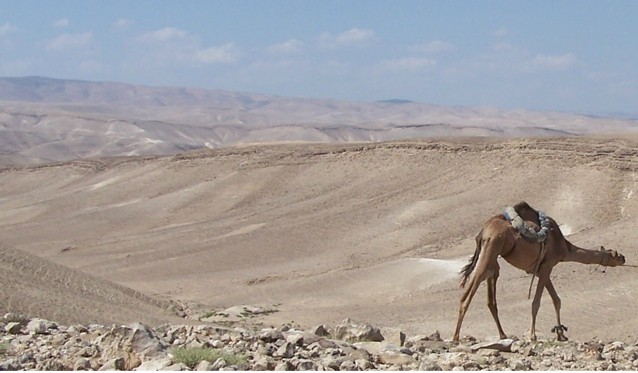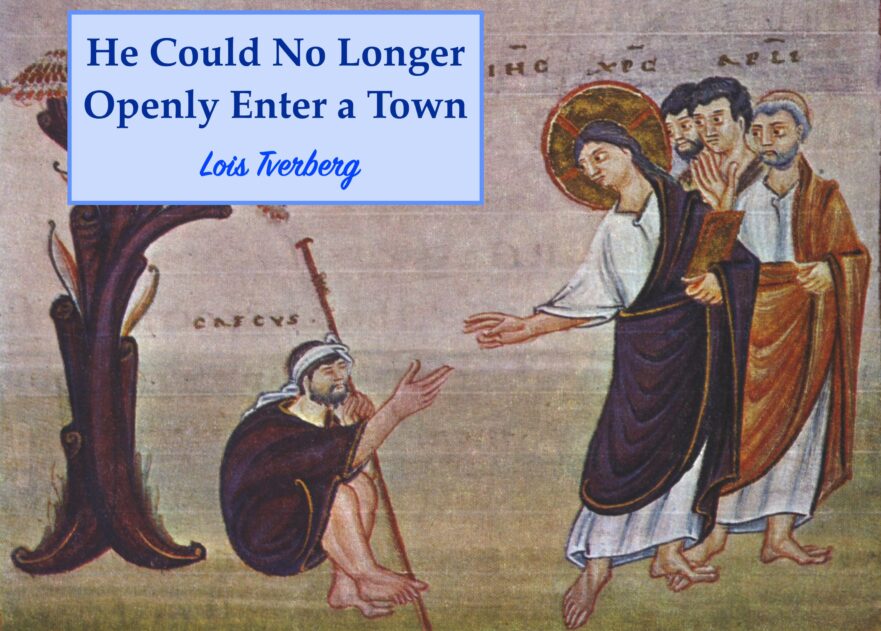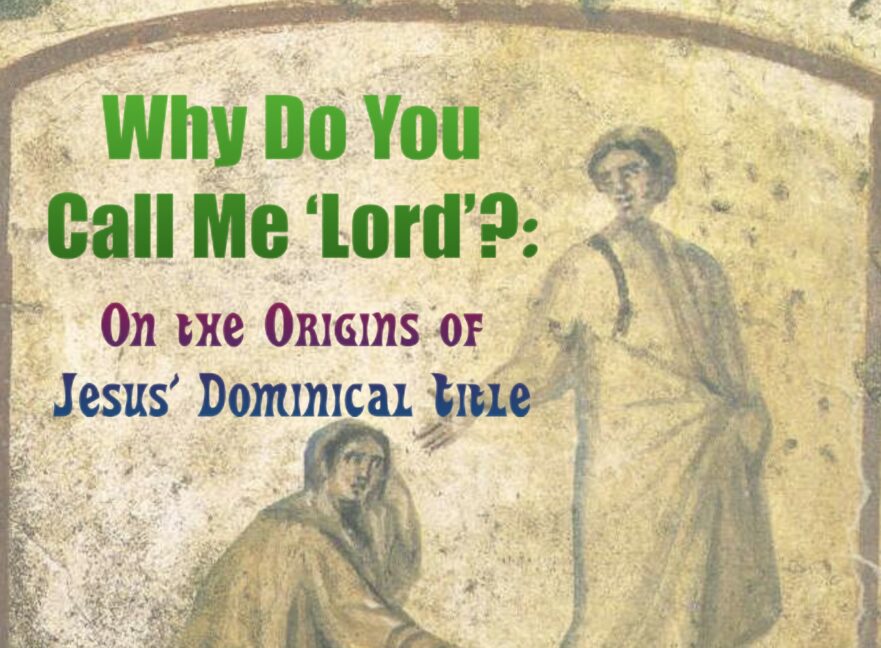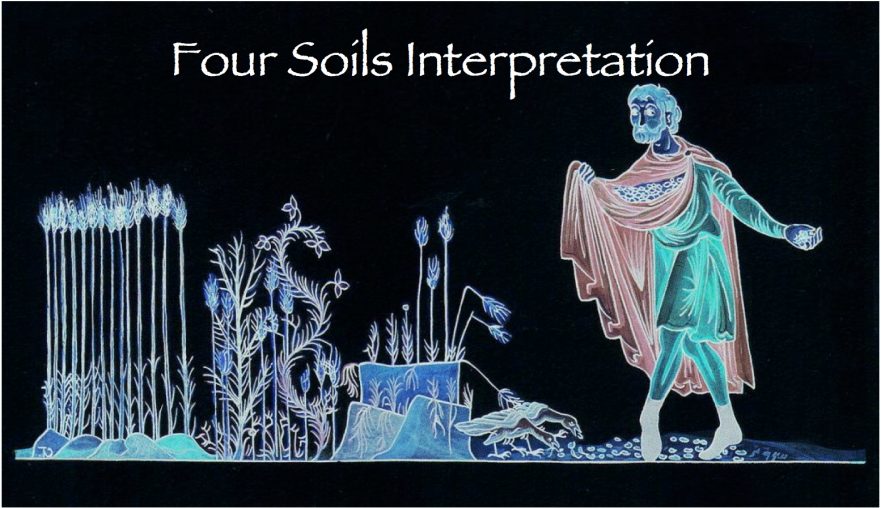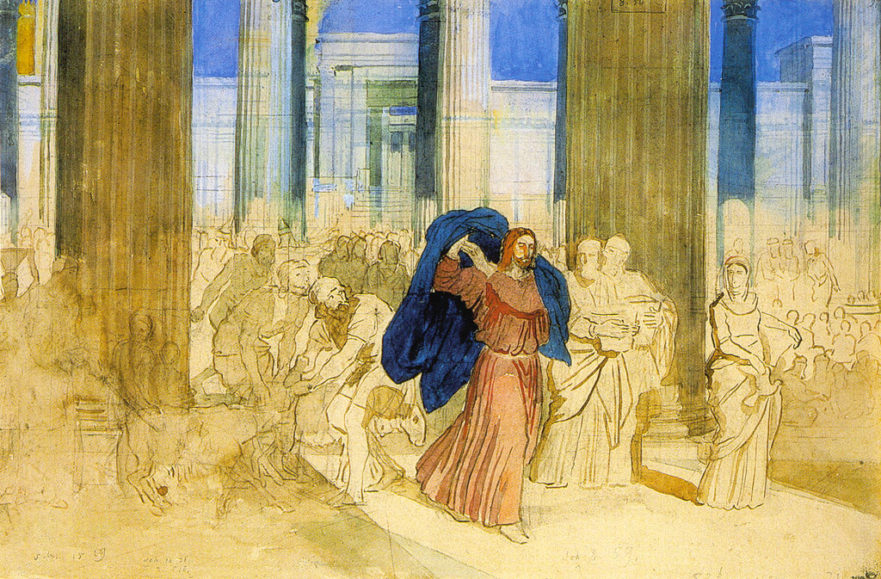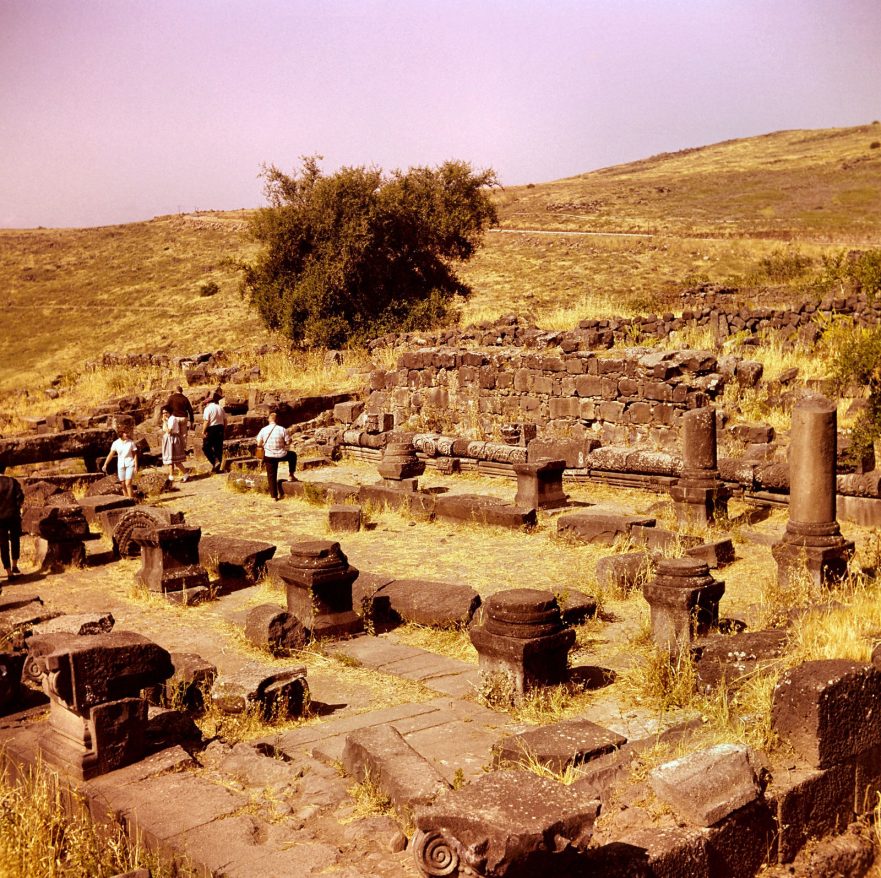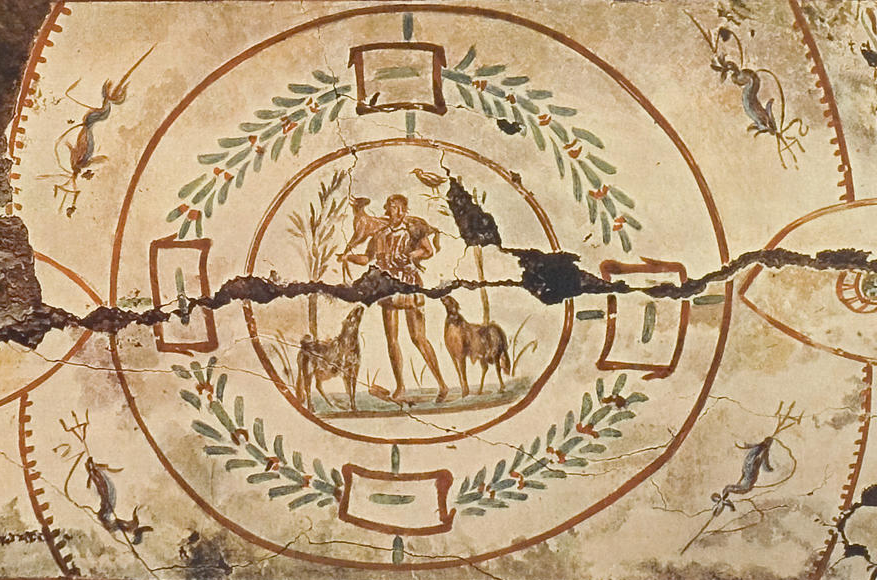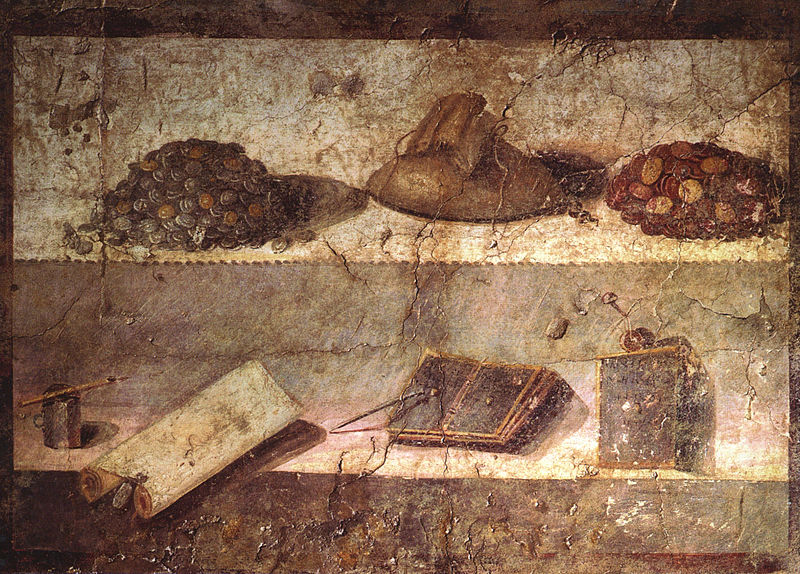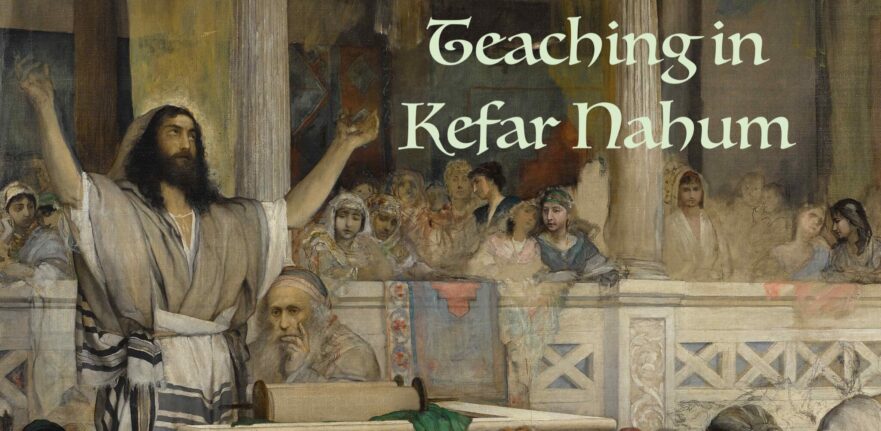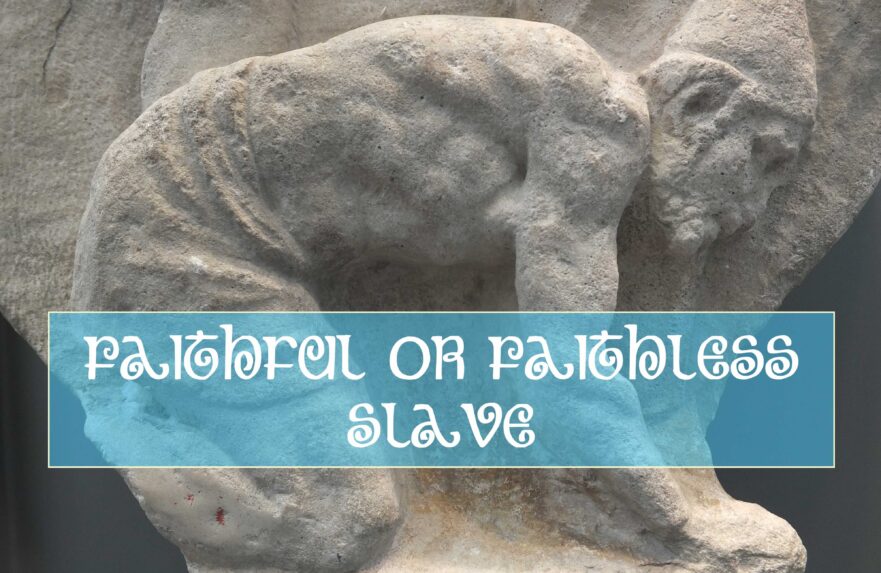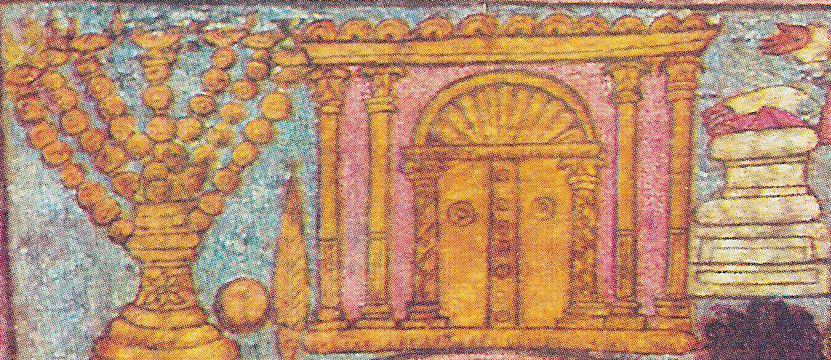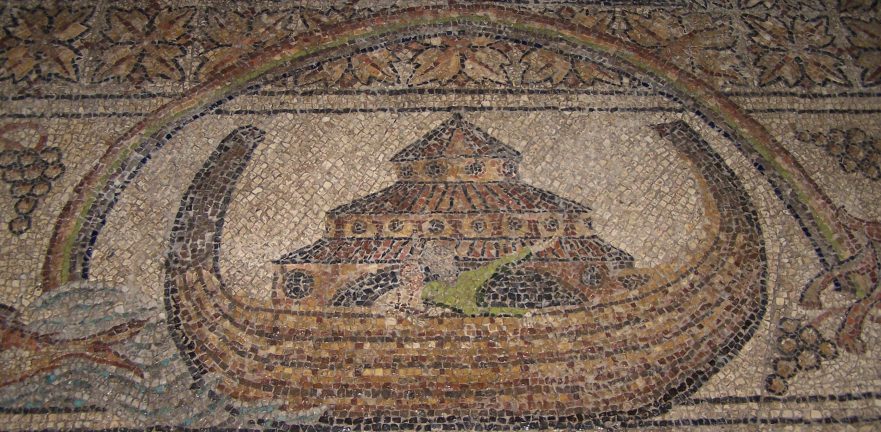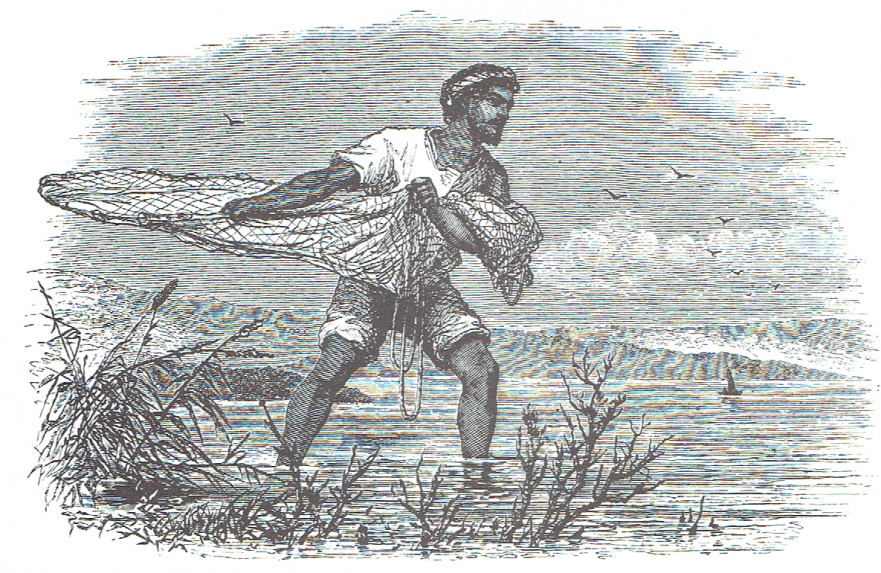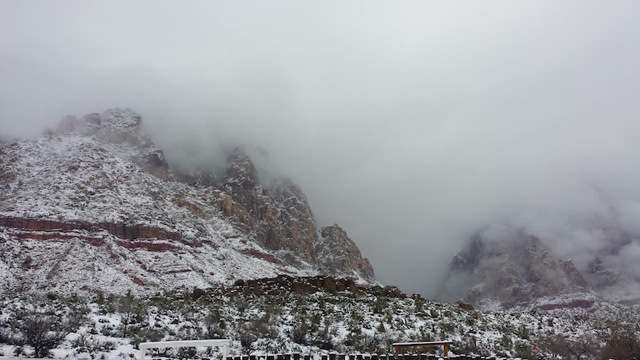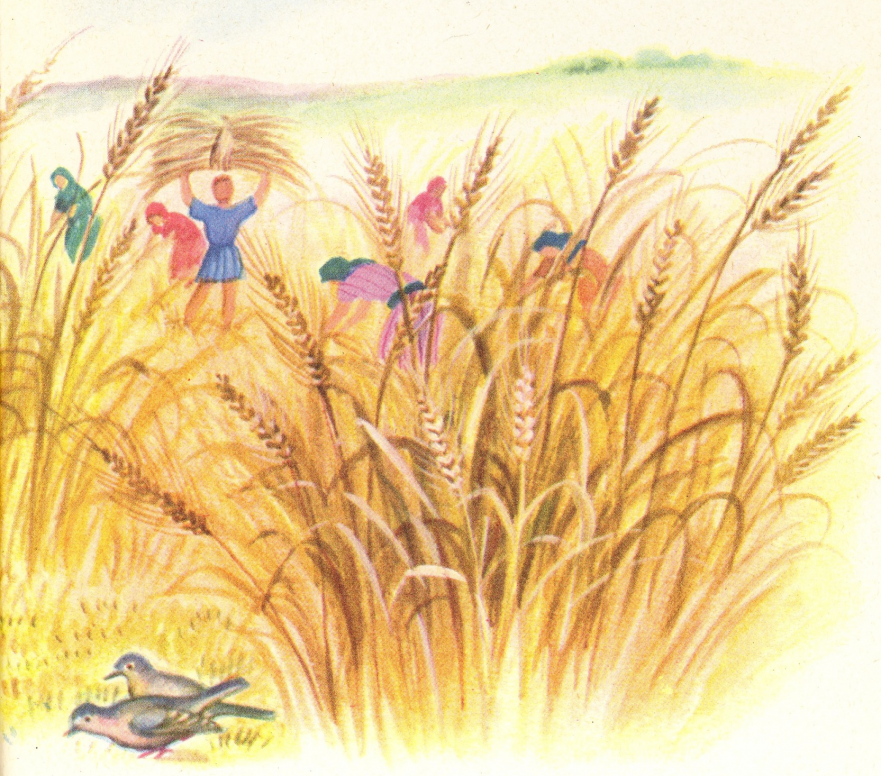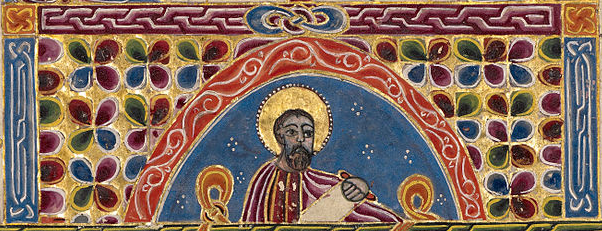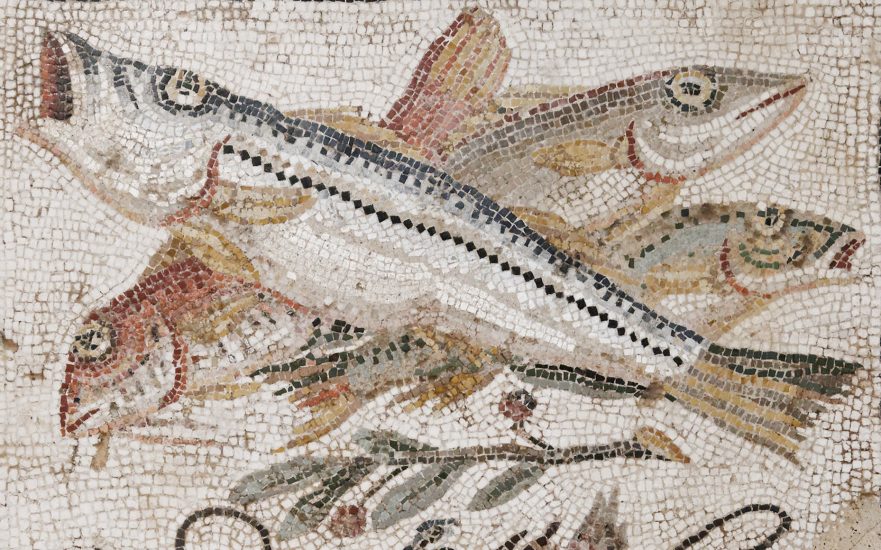Matt. 18:10-14; Luke 15:3-10 (Huck 133, 172; Aland 169, 219, 220;
Crook 188, 265, 266)For abbreviations and bibliographical references, see “Introduction to ‘The Life of Yeshua: A Suggested Reconstruction.'” Updated: 3 August 2024
וַיִּמְשׁוֹל לָהֶם אֶת הַמָּשָׁל הַזֶּה לֵאמֹר מִי אָדָם בָּכֶם שֶׁיֵּשׁ לוֹ מֵאָה צֹאן וְנִדַּחַת אַחַת מֵהֶן הֲלֹא יַנִּיחַ אֶת הַתִּשְׁעִים וְתִשְׁעָה עַל הֶהָרִים וְיֵלֵךְ וִיבַקֵּשׁ אֶת הָאֹבֶדֶת עַד שֶׁיִּמְצָא אֹתָה וּכְשֶׁהוּא מוֹצֵא אֹתָה שָׂם עַל כְּתֵפוֹ בְּשִׂמְחָה וּבָא לְבֵיתוֹ וְקֹרֵא לְאוֹהֲבָיו וְלִקְרוֹבָיו לוֹמַר לָהֶם שִׂמְחוּ עִמִּי שֶׁמָּצָאתִי אֶת הַשֶּׂה שֶׁלִּי הָאֹבֶדֶת אָמֵן אֲנִי אֹמֵר לָכֶם כָּךְ יֵשׁ שִׂמְחָה בַּשָּׁמַיִם עַל רָשָׁע אֶחָד שֶׁעֹשֶׂה תְּשׁוּבָה מֵעַל תִּשְׁעִים וְתִשְׁעָה צַדִּיקִים שֶׁאֵין לָהֶם צוֹרֶךְ בִּתְשׁוּבָה
וּמִי אִישָׁה שֶׁיֵּשׁ לָה עֲשָׂרָה דִּינָרִים וְהִיא מְאַבֶּדֶת דִּינָר אֶחָד הֲלֹא תַּדְלִיק נֵר וּתְכַבֵּד אֶת הַבַּיִת וּתְבַקֵּשׁ עַד שֶׁתִּמְצָא אֹתוֹ וּכְשֶׁהִיא מֹצֵאת אֹתוֹ קֹרֵאת לְאוֹהֲבוֹתֶיהָ וְלִקְרוֹבוֹתֶיהָ לוֹמַר לָהֶן שְׂמַחְנָה עִמִּי שֶׁמָּצָאתִי אֶת הַדִּינָר שֶׁאִבַּדְתִּי אָמֵן אֲנִי אֹמֵר לָכֶם כָּךְ יֵשׁ שִׂמְחָה לִפְנֵי מַלְאֲכֵי שָׁמַיִם עַל רָשָׁע אֶחָד שֶׁעֹשֶׂה תְּשׁוּבָה
Then Yeshua told them this parable: “Imagine you have a hundred sheep and one of them strays from the flock. Won’t you leave the ninety-nine on the hills and go search for the one that got lost until you’ve found it? And when you’ve finally found it, won’t you carry it home on your shoulders and invite all your nearest and dearest and tell them: ‘Come celebrate with me! I’ve found my missing sheep!’?

